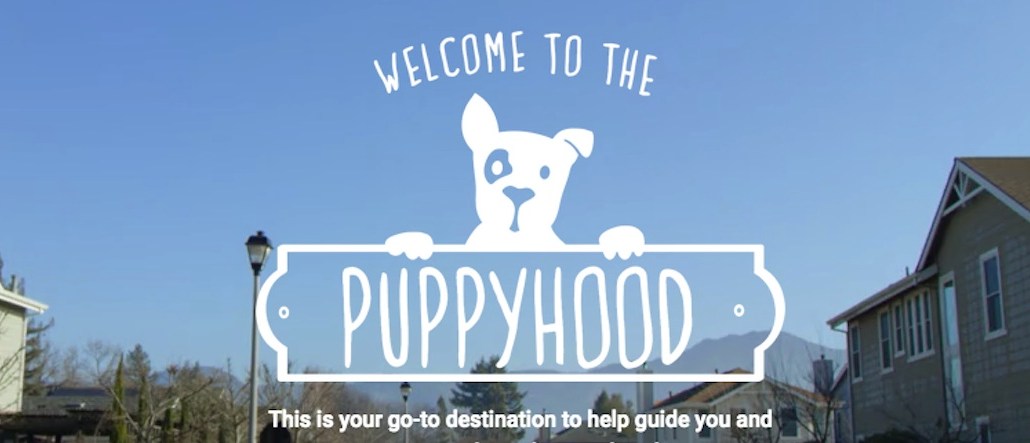Secure your place at the Digiday Media Buying Summit in Nashville, March 2-4

Got a new pooch? Join the Puppyhood.
That’s the new call to action for pet food company Purina, which has launched a website that combines a sales pitch with a servicey content play. Because even dog food companies are publishers now.
Created for the Purina Puppy Chow brand, The Puppyhood is a new, magazine-like website that aims to be, according to the company, the “ultimate resource” for providing support for puppy owners. The Night Agency created the site for Purina.
Puppyhood has multiple sections: nutrition, grooming, health and training. There’s also a section called “trending stories,” which features the site’s most popular pieces. Stories include “Choosing the best dog food for your puppy,” and “Puppy worms and how to treat them.” And, a “Dog Walk” feature finds the best strolls for your new best friend.
“Brands need to be about more than a product,” said Marcus Fong, brand manager digital communications at Purina. “What we bring to the table is a value-add, expertise and utility.”

Inside Purina, the team realized that they already had the resources needed to become a one-stop shop for pet-care information. At the company, the R&D division already has pet behavioral experts and nutrition experts. It was just a matter of tapping that existing knowledge.
“That expertise is at the back of the house already,” said Fong. “We come from a great legacy of expertise around pet care and pet nutrition. And a lot of that has been used to influence our products and make sure we deliver the best product possible, but it has’t been available to the eyes of our consumer.”
The research is handed over to Night Agency, which turns it into articles. Night worked with the brand’s research teams to find their most popular tips and insights, then turned it into stories.

Purina is no stranger to a content-marketing play. Last year, it’s PetCare division had a blowout hit with “Dear Kitten.” Created in partnership with BuzzFeed, the sponsored video series was so popular it got its own regional Super Bowl spot this year.
Evan Slater, partner and ECD at Night Agency, said that for his team, the idea was not about being a better marketer but rather strengthening a relationship with customers. “We saw that there were these resources we had that people didn’t have,” he said.
There are two core elements to the magazine. Some of the content can be accessed without a registration, but once you register, you can enter in the dog you have, how old he is and so on. Then, content is customized for your breed. “Milestones change, content changes,” said Slater.
There are plans for expert chats and hangouts with puppy experts. For the registered users, there’s a CRM and business component — Purina has baked into the site some metrics that will let it track its users and if they end up on a different site to buy anything.
One interesting subtlety is that the “Purina” branding is very low-key. Only one call-to-action exists: “Learn more about the brand that brought you The Puppyhood.” “Obviously we want to sell product,” said Fong. “But let’s not make it overpowering. It’s not a big sales pitch.”
More in Marketing

Pitch deck: Why Amazon believes its premium streaming inventory is worth the money
Amazon is pitching its DSP to make the case.

In Graphic Detail: The state of the marketing agency sector
Revenue figures from Omnicom, Publicis and Havas, and new employment stats, offer a snapshot on a quickly evolving industry.

Future of Marketing Briefing: The mental gymnastics of principal media
Welcome to the psychological CrossFit class of modern marketing. Here’s how marketers are learning to move through it.





